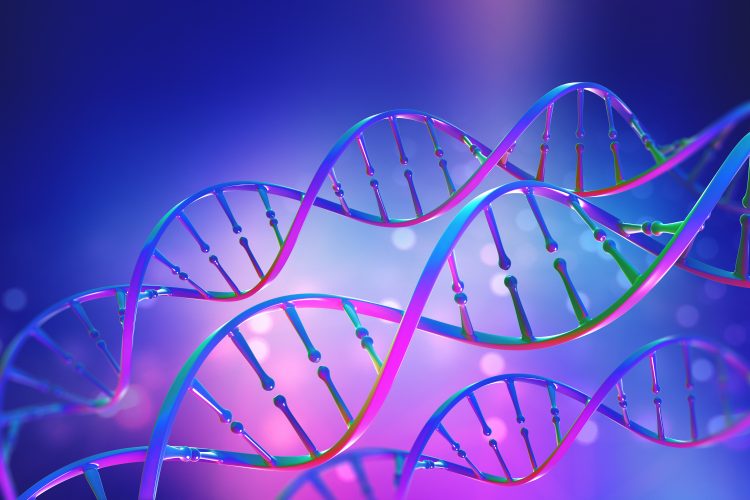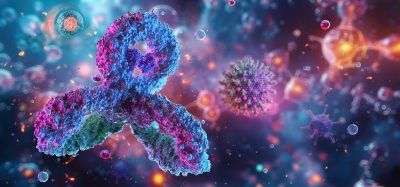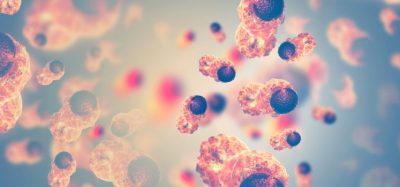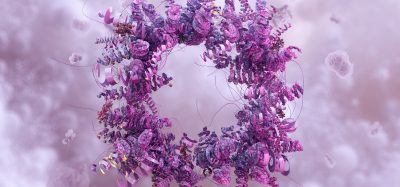RAD51C variants linked to increased breast and ovarian cancer risk
Posted: 19 September 2024 | Drug Target Review | No comments yet
Researchers have identified over 3,000 harmful genetic changes that could disrupt normal RAD51C function.


Over 3,000 harmful genetic changes that could disrupt the RAD51C gene’s function have been identified by researchers at the Wellcome Sanger Institute and their collaborators. The changes could increase ovarian cancer risk six-fold and aggressive breast cancer subtypes four-fold. This discovery could enable better risk assessment and more personalised care.
The study’s results are freely available so that they can be used immediately to aid clinicians’ and diagnostic laboratory scientists’ assessment of cancer risk. This may be particularly important for individuals with a family history of these cancers, lessening the uncertainty that can accompany genetic testing.
RAD51C
The RAD51C gene encodes a protein essential for DNA repair. Gene variants that prevent the protein from functioning properly are known to increase the risk of breast and ovarian cancers. Although rare, if two harmful gene changes are present, this could result in Fanconi Anaemia, a severe genetic disorder.
The impact of most RAD51C variants were previously unknown, but in the new study, the team investigated the effect of 9,188 unique changes in the RAD51C gene through saturation genome editing. With an accuracy over 99.9 percent when compared to clinical data, they found 3,094 of these variants could disrupt the gene’s function and heighten cancer risk. The link between harmful variants and cancer diagnoses was further confirmed by analysis of UK Biobank data and an ovarian cancer cohort of over 8,000 individuals further.
Mapping protein structure
Also, the researchers identified essential surface areas of RAD51C needed for its DNA repair function, by mapping the protein structure. The regions may interact with other, unidentified proteins or be involved with processes like phosphorylation, offering valuable insights for drug development and potential treatment targets.
Furthermore, the existence of hypomorphic alleles were discovered, which lessens the RAD51C gene’s function without completely disabling it. Appearing to be more frequent than previously thought, they could contribute to breast and ovarian cancer risk.
Dr Andrew Waters, co-senior author of the study at the Wellcome Sanger Institute, explained: “This work demonstrates the power of analysing genetic variants on a large scale within their genomic context. Not only can we understand how cancer-related DNA changes affect patients, helping with clinical decisions, but we can also explore how these variants impact the gene’s function at a detailed molecular level. This provides important insights into how proteins work and how genes evolve over time.”
Dr David Adams, co-senior author of the study at the Wellcome Sanger Institute, added that they aim to extend this technique to other genes and cover the entire human genome in the next decade through the Atlas of Variant Effects.
This study was published in Cell.
Related topics
Cancer research, Drug Development, Drug Targets, Genetic Analysis, Oncology, Therapeutics
Related conditions
Breast cancer, Ovarian cancer
Related organisations
Wellcome Sanger Institute








